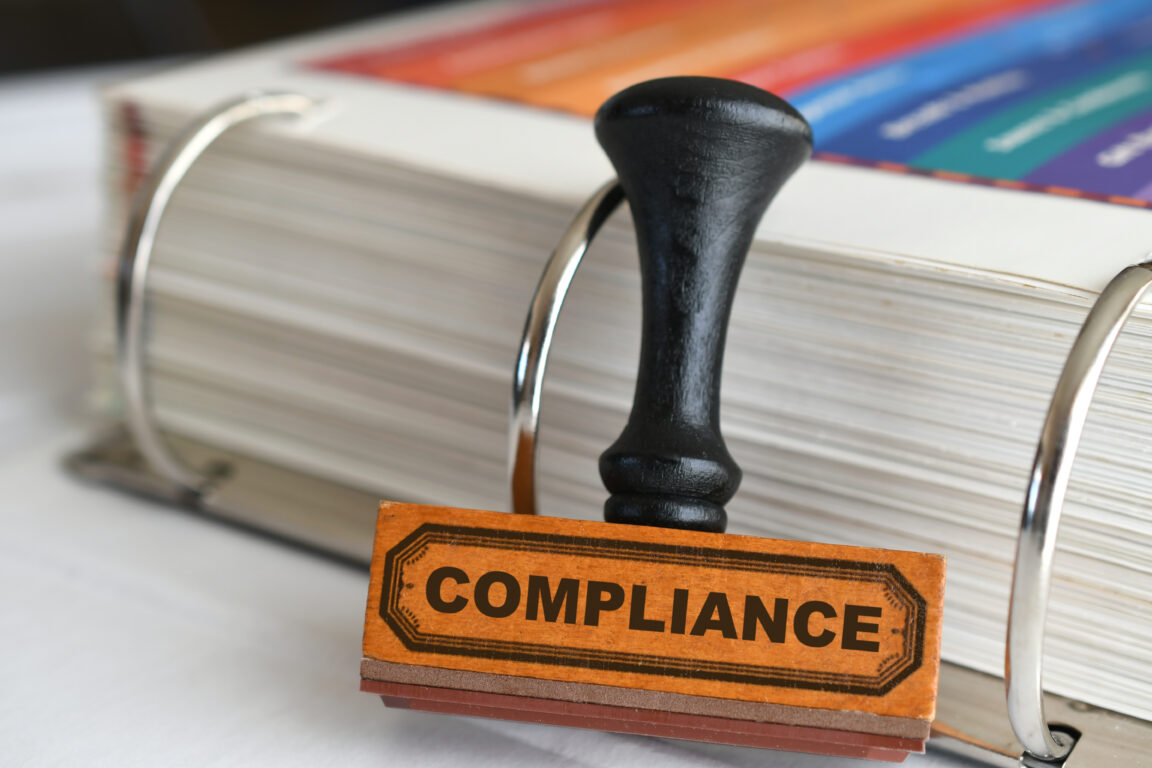From Ownership to Risk: Introduction to Adverse Possession


Welcome to our insightful blog post, where we delve into the intriguing world of Adverse Possession—a legal concept intricately intertwined with real estate and notorious for sparking disputes. Have you ever wondered what Adverse Possession really means? Are there specific criteria and regulations that govern it? In this article, PropertyScout is here to shed light on Adverse Possession, offering valuable insights that will broaden your understanding of this complex subject. Join us as we unravel the mysteries and provide you with essential knowledge about Adverse Possession. Let's dive in!
What is Adverse Possession?

Adverse Possession has its roots dating back to the Roman era, originally intended to rectify improper transactions. When a buyer takes possession of a property and meets all the legal requirements, they acquire ownership through Adverse Possession. Despite flaws in the purchase process, Adverse Possession evolved into a law that promotes the beneficial use of real estate, preventing neglect and ensuring rightful ownership for those who utilize the property.
The Criteria for Adverse Possession

"Adverse Possession" refers to the act of acquiring ownership rights through continuous possession, applicable to both immovable and movable properties. The criteria for adverse possession of immovable property are stipulated under Section 1382 of the Civil and Commercial Code, which include:
- Possession of someone else's immovable property.
- Possession with peaceful and open intention to be the owner.
- Continuous possession for a period of 10 years (5 years for movable property) *Movable property refers to assets that are not fixed to a specific location and can be transported, such as antiques, diamonds, gold, cars, and jewelry.
What to keep in mind regarding Adverse Possession

- Adverse Possession must be exercised over immovable property with legal ownership documents, such as title deeds, provisional title deeds, or other types of ownership documents. However, possession can be claimed for possessory rights properties, such as SorKor 1 (ส.ค.1, notification of land possession) or NorSor 3 (น.ส.3) or NorSor 3 Gor (น.ส.3 ก., certificates certifying the benefit). Vacant land without any rights cannot be claimed through Adverse Possession.
- However, Adverse Possession can be contested under the Civil and Commercial Code Section 1375, but there is no specific legislation that allows filing a petition or lawsuit to obtain ownership through Adverse Possession (as per Supreme Court judgment no. 5389/2006).
- Adverse Possession must involve possession of someone else's property. Self-owned properties cannot be claimed through Adverse Possession, such as claiming to possess land in one's name but with someone else's ownership (as per Supreme Court judgment no. 538/1993) or claiming to possess land inherited through Adverse Possession (as per Supreme Court judgment no. 4843/2002).
- Adverse Possession can occur even if the possessor is unaware that the property belongs to someone else. They may mistakenly believe it is their own property (as per Supreme Court judgments no. 5794/2008, 5596/2009).
- Adverse Possession must be carried out with the intention of being the rightful owner. This means using the property solely as the owner would, preventing others from interfering with the property, and not possessing it based on the rights or acknowledgment of another person, for example:
- When a buyer possesses land according to a purchase agreement, it is considered possession on behalf of the seller until the transfer of ownership takes place. It does not confer ownership through Adverse Possession (as per Supreme Court judgment no. 7490/2008).
- When a sole heir possesses an entire inherited land, it is considered possession on behalf of all other heirs. Prior notification to other heirs of the intention to possess is required for it to be considered Adverse Possession (as per Supreme Court judgment no. 2760/2005).
- Possessing land with the permission of the landowner for residential purposes does not confer ownership through Adverse Possession (as per Supreme Court judgment no. 5352/1996).
- When one owner possesses land, it is considered possession on behalf of all other co-owners (as per Supreme Court judgment no. 945/1994).
- If there is a transfer of ownership during the period of Adverse Possession that has not yet reached 10 years, and the transferee acquires ownership in good faith and pays compensation, it nullifies the effect of the previous Adverse Possession, and a new period of possession must start counting (as per Supreme Court judgments no. 5801/2001, 8700/2007).
- The possession must be peaceful, meaning not being involved in any legal disputes, and it must be open and notorious, meaning not hiding or concealing it but openly displaying it to the general public.
Closing Comments
The concept of Adverse Possession is complex and encompasses a wide range of disputes and legal rulings. Its intricate nature could easily fill the pages of a book. With numerous controversies and diverse court judgments, Adverse Possession has provided ample material for studying different perspectives.
However, PropertyScout believes that it is time to reconsider and revise the laws surrounding Adverse Possession. In its original intention, these laws aimed to promote the productive use of properties and deter abandonment. They also recognized and rewarded individuals who actively occupied and enhanced neglected lands. Yet, in today's socio-economic landscape, where vacant land is scarce, the necessity for acquiring properties through Adverse Possession has greatly diminished. Therefore, it is imperative to update the legislation to reflect the evolving circumstances.
Looking for a safe, peaceful home for the best prices possible? Let PropertyScout help you. Or if you have any further questions, please get in touch with us. Our property consultant team will be very happy to assist you:



